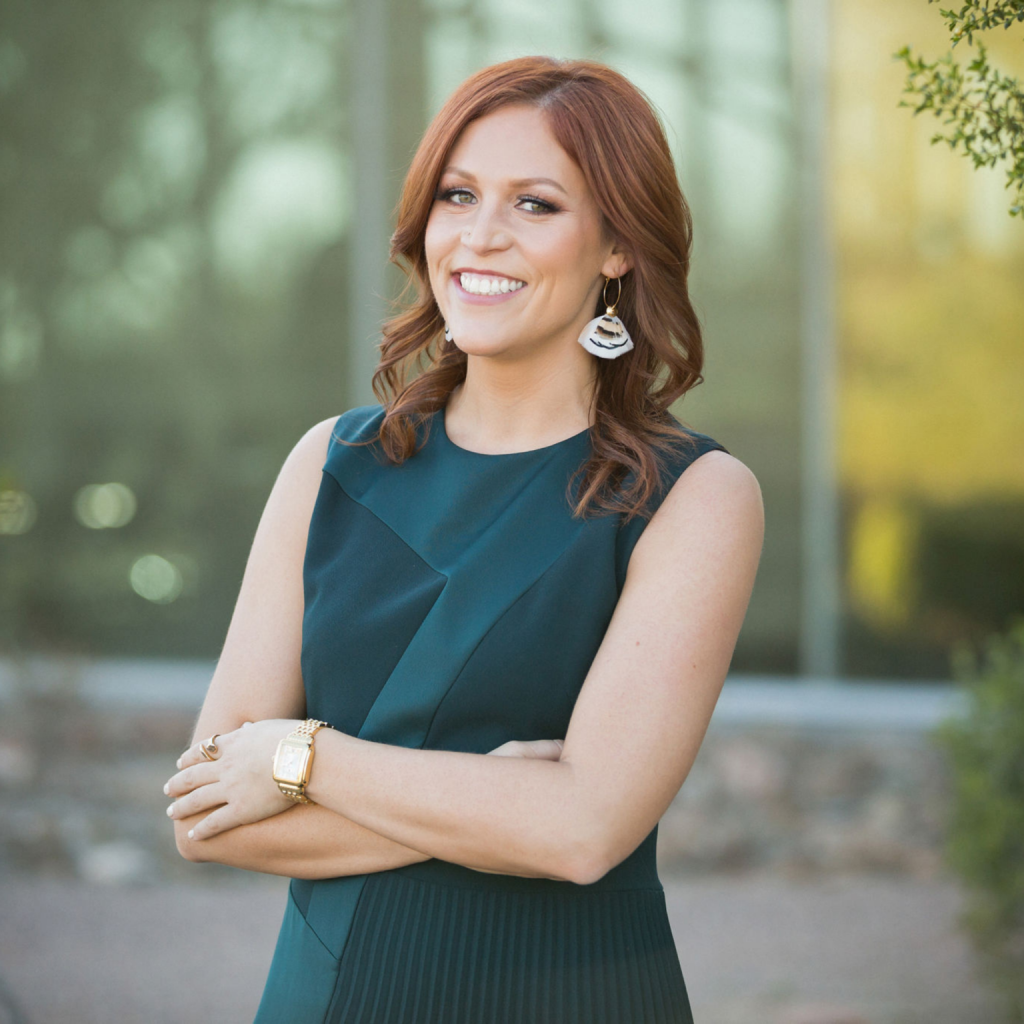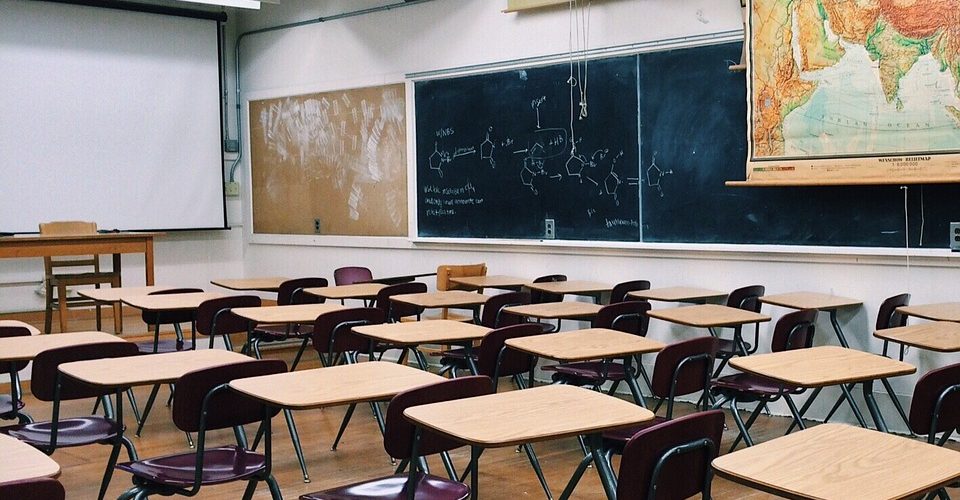The fiscal year 2022 state budget adopted by lawmakers last week and signed by Gov. Doug Ducey contains provisions that will expand access to schools of choice for Arizona’s K-12 students, achieving goals established by education advocates and the governor at the outset of the legislative session.
“We applaud Governor Doug Ducey for his bold leadership during the legislative session with a robust K-12 education agenda prioritizing students, empowering families, and focusing on proven community-driven models and new ways of learning that are creating meaningful change,” said Emily Anne Gullickson, president of Great Leaders, Strong Schools, a group that advocates for increasing students’ access to high-quality schools.

Ducey in January identified a lack of transportation as a barrier to students’ ability to access school choice. As part of his administration’s “Arizona Resilient” policy statements, which outlined his priorities for the legislative session, Ducey said, “We should start with thinking outside the box to remove one of the greatest barriers to accessing school choice — transportation. Afterall, a choice is only a choice if you can get there, and unfortunately, those with the greatest hurdles to getting there are in our low income neighborhoods.”
The new budget calls for $10 million to establish transportation innovation grants that school districts, charter schools, and other community groups can use to help K-12 students access a school that might have previously been out of reach due to a lack of transportation options.
In addition to the grants, funding can also be used to modernize existing transportation systems.
“For too long, many Arizona students have been unable to access great teachers and programs that will best serve their individual needs due to an antiquated public school transportation system,” Gullickson said. “These forward-thinking and innovative opportunities will transform Arizona’s public education system for the better and ensure students have real access to high-quality school options and spend more time learning and less time in transit.”
Program advocates envision the funding as a way for parents and education institutions to reimagine school transportation and spark new ideas.
The concept received bipartisan support before it became a part of the overall budget package.
State Rep. Pamela Powers Hannley, D-Tucson, however, an opponent of the new funding, defended the status quo.
In a video posted to her website, Powers Hannley said, “This is just a terrible idea.”
“What was wrong with the old system?” she said. “This isn’t good for schools, it’s not good for parents, it’s not good for students.”
Querida Walker, a parent of five who testified at a March 24 House Ways and Means Committee hearing about the challenges posed by the current school transportation system, offered a different view.
Writing in a column that appeared in the Arizona Capitol Times, Walker said of her appearance before the committee that “rather than learn more about how the system is failing many families and discuss ways to pilot new programs and solutions, myself and others were attacked – for sharing our story – by individuals and policymakers who are content with maintaining the status quo and keeping kids trapped in failing schools.”
The budget also makes the school district open enrollment system more transparent.
Under open enrollment, which has existed in Arizona for decades, students can attend public schools other than the campus zoned for their neighborhood. Some districts, however, discourage use of open enrollment school choice by shielding information about enrollment windows or by creating opaque paperwork requirements.
“We are going to invest in getting the word out to more families, and end exclusionary policies like unreasonably short enrollment windows that simply don’t work for busy parents,” Ducey said in January. “The way we do open enrollment at school districts across the state is overdue for reform. It’s time to make it truly open for all.”
Gullickson said the reforms adopted by the Legislature and signed into law by the governor will better meet the needs of more families seeking new educational options.
“The modifications passed as part of the budget will ensure that all families have equitable access to the information they need to make these important enrollment decisions in an easy, transparent, and accessible way,” Gullickson said. “This package of reforms also ensures that no child is denied access to a school based on where that student lives. With the passage of this budget, Arizona is making it clear that families choose public schools they wish to attend. Public schools no longer get to pick the students they serve.”
















Add comment